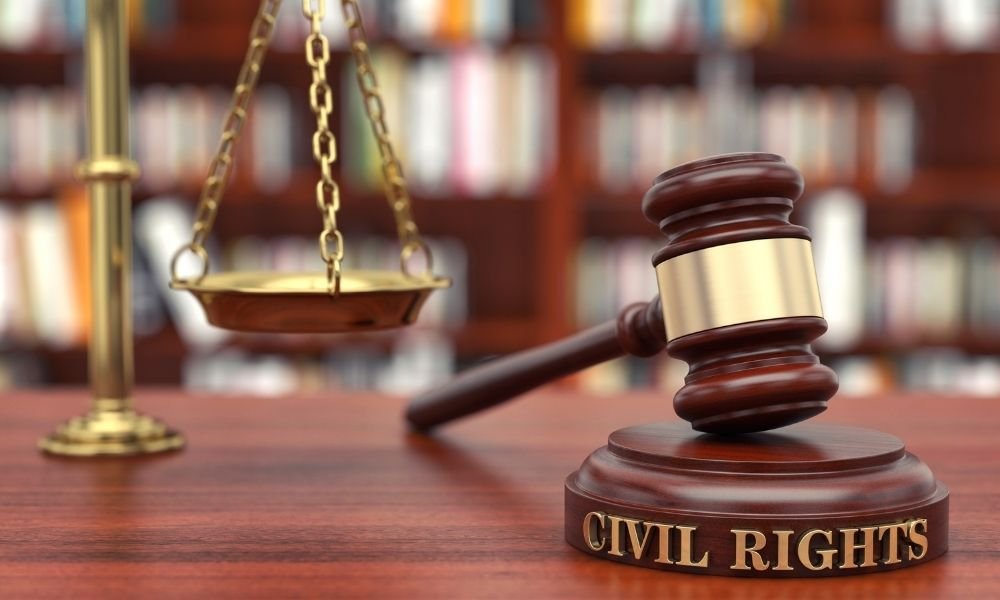Choosing the right attorney for civil litigation is a crucial decision that can significantly impact the outcome of your case. An effective attorney can guide you through the complexities of the legal process, provide strategic advice, and advocate on your behalf. Here’s what to look for when hiring an attorney for civil litigation.

Experience and Expertise
Relevant Experience
When hiring an attorney, ensure they have experience specifically in civil litigation. Civil litigation covers a range of legal disputes, including contract issues, property disputes, and personal injury claims. An attorney with a proven track record in handling cases similar to yours will be better equipped to navigate the complexities of your case and provide effective representation.
Specialized Knowledge
Look for an attorney with specialized knowledge relevant to your case. For instance, if you are involved in a business dispute, seek an attorney with experience in commercial litigation. For personal injury claims, find an attorney with expertise in handling such cases. Specialized knowledge ensures that your attorney is familiar with the specific legal issues and strategies pertinent to your case.
Reputation and Track Record
Positive Reviews and Testimonials
Research the attorney’s reputation by reviewing client testimonials and online ratings. Positive reviews and feedback from previous clients can provide insight into the attorney’s competence, professionalism, and effectiveness. Consider reaching out to past clients if possible to get a firsthand account of their experience.
Successful Case History
Evaluate the attorney’s track record of success in civil litigation cases. While no attorney can guarantee a specific outcome, a history of favorable results in similar cases indicates their ability to achieve positive outcomes for their clients. Ask about their success rate and the types of cases they have won.
Communication Skills
Clear and Prompt Communication
Effective communication is essential in civil litigation. Your attorney should be able to explain legal concepts, case strategies, and potential outcomes in clear, understandable terms. They should also be responsive to your inquiries and keep you informed about the progress of your case. Assess their communication style during initial consultations to ensure it aligns with your expectations.
Active Listening
Choose an attorney who actively listens to your concerns and goals. An attorney who takes the time to understand your perspective and objectives will be better equipped to represent your interests effectively. They should be attentive to your needs and provide tailored advice based on your specific situation.
Legal Strategy and Approach
Strategic Planning
An effective attorney will develop a comprehensive legal strategy tailored to your case. During your initial consultations, discuss their approach to handling cases like yours and ask how they plan to address the key issues. A well-thought-out strategy should include both short-term and long-term goals, as well as contingency plans for potential challenges.
Negotiation Skills
Civil litigation often involves settlement negotiations. Look for an attorney with strong negotiation skills who can advocate effectively on your behalf. A skilled negotiator can help achieve favorable terms in a settlement and avoid the uncertainties of a trial.
Availability and Accessibility
Personal Attention
Ensure that the attorney you choose will give your case the attention it deserves. Some attorneys may delegate significant portions of their work to junior associates or paralegals. If personal involvement from the attorney is important to you, confirm their level of direct engagement in your case.
Accessibility
Consider the attorney’s availability and accessibility. Your attorney should be accessible for consultations, updates, and emergencies. Ensure that their office hours and communication methods align with your needs and that they are responsive to your calls and emails.
Fees and Billing
Transparent Fee Structure
Discuss the attorney’s fee structure upfront to avoid any surprises. Attorneys may charge hourly rates, flat fees, or contingency fees, depending on the nature of the case. Ensure you understand how fees will be calculated and any additional costs that may arise during the litigation process.
Affordability
Consider your budget when selecting an attorney. While it’s important to choose an attorney with the right qualifications, it’s equally important to find one whose fees are reasonable and within your financial means. Balance quality representation with affordability to ensure you receive effective legal services without unnecessary financial strain.
Conclusion
Hiring the right attorney for civil litigation involves evaluating their experience, expertise, reputation, communication skills, and legal strategy. By focusing on these key factors, you can select an attorney who is well-equipped to handle your case effectively and advocate on your behalf. Take the time to research and consult with potential attorneys to find the best fit for your legal needs, ensuring a successful outcome in your civil litigation matter.









